North Carolina Reads is North Carolina Humanities’ award-winning, virtual, statewide book club! North Carolina Reads annually features five books that explore the history and culture of North Carolina. The people, places, and events in the books offer an opportunity to reflect on how people can contribute to shaping their communities.

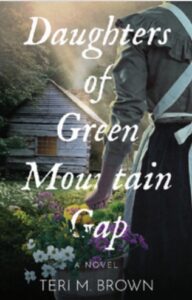
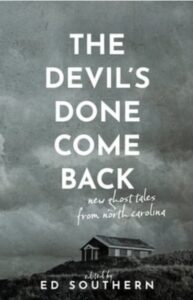

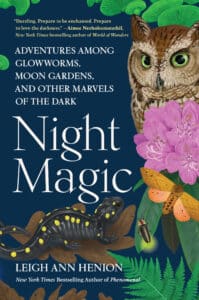
From February to June, North Carolina Humanities hosts virtual monthly book club discussion events where participants will hear from book authors and topic experts. Libraries, community groups, and individuals across North Carolina are encouraged to read along with North Carolina Humanities, attend North Carolina Reads book club discussions, and host their own local book programs to further conversation, camaraderie, and community.
Books, reading, literacy, and literary history are important parts of North Carolina Humanities’ mission. At the heart of North Carolina Reads is North Carolina Humanities’ desire to connect communities through shared reading experiences. Reading is vitally important because it nourishes and helps develop our critical-thinking skills, strengthens our minds, expands vocabulary, elevates mental health, and creates opportunities to explore different perspectives.
In 2023 North Carolina Reads received a national Schwartz Prize from the Federation of State Humanities Councils for its outstanding statewide impact. Since 2022, North Carolina Humanities has distributed nearly 16,000 free North Carolina Reads books and resources across the state to help increase broader access to books.
North Carolina Reads 2026 Books
Nonfiction.
On November 3, 1979, as activist Nelson Johnson assembled people for a march adjacent to Morningside Homes in Greensboro, North Carolina, gunshots rang out. A caravan of Klansmen and Neo-Nazis sped from the scene, leaving behind five dead. Known as the “Greensboro Massacre,” the event and its aftermath encapsulate the racial conflict, economic anxiety, clash of ideologies, and toxic mix of corruption and conspiracy that roiled American democracy then—and threaten it today.
In 88 seconds, one Southern city shattered over irreconcilable visions of America’s past and future. When the shooters are acquitted in the courts, Reverend Johnson, his wife Joyce, and their allies, at odds with the police and the Greensboro establishment, sought alternative forms of justice. As the Johnsons rebuilt their lives after 1979, they found inspiration in Nelson Mandela’s post-apartheid Truth and Reconciliation Commission and Martin Luther King Jr’s concept of Beloved Community and insist that only by facing history’s hardest truths can healing come to the city they refuse to give up on.
This intimate, deeply researched, and heart-stopping account draws upon survivor interviews, court documents, and the files from one of the largest investigations in FBI history. The persistent mysteries of the case touch deep cultural insecurities and contradictions about race and class. A quintessentially American story, Morningside explores the courage required to make change and the evolving pursuit of a more inclusive and equal future.
Fiction. An Appalachian granny woman. A daughter on a crusade. A granddaughter caught between the two.
Maggie McCoury, a generational healer woman, relies on family traditions, folklore, and beliefs gleaned from a local Cherokee tribe. Her daughter, Carrie Ann, believes her university training holds the answers. As they clash over the use of roots, herbs, and a dash of mountain magic versus the medicine available in the town’s apothecary, Josie Mae doesn’t know whom to follow. But what happens when neither family traditions nor science can save the ones you love most?
Daughters of Green Mountain Gap weaves a compelling tale of Maggie, Carrie Ann, and Josie Mae, three generations of remarkable North Carolina women living at the turn of the twentieth century, shedding light on racism, fear of change, loss of traditions, and the intricate dynamics within a family. Author Teri M. Brown skillfully navigates the complexities of their lives, revealing that some questions are not as easy to answer as one might think.
Fiction. North Carolina ain’t what it once was: forests and fields have given way to suburbs and vacation homes, textile mills to high tech, tobacco farms to tourism. That doesn’t mean, though, that the ghosts of the Old North State have gone away.
In this anthology, readers might glimpse some of the ghostly apparitions, headless fiends, and creepy hollers they heard about around their childhood campfires. Now, fifteen of the state’s finest contemporary prose writers and poets have reimagined these stories—bringing us fresh tales that are bound to scare the living daylights out of us all over again.
The Devil’s Done Come Back reclaims these old ghost tales as living stories, told and retold to frighten and delight .
Fiction.
Blowing Rock, North Carolina, 1951. Blackburn Gant, his life irrevocably altered by a childhood case of polio, seems condemned to spend his life among the dead as the sole caretaker of a hilltop cemetery. It suits his withdrawn personality, and the inexplicable occurrences that happen from time to time rattle him less than interactions with the living. But when his only friend, the kind but impulsive Jacob Hampton, is conscripted to serve overseas, Blackburn is charged with caring for Jacob’s wife, Naomi, as well.
Jacob and Naomi’s elopement has scandalized the community and angered Jacob’s parents. Shunned by the townsfolk for their differences and equally fearful that Jacob may never come home from the war, Blackburn and Naomi grow closer, even as a stunning betrayal shatters familial bonds.
A profound examination of friendship and rivalry as well as a riveting story of unfolding deceit, The Caretaker brilliantly depicts the human capacity for empathetic compassion and selfish destruction, all justified as acts of love.
Nonfiction. In this glorious celebration of the night, New York Times bestselling nature writer Leigh Ann Henion invites us to leave our well-lit homes, step outside, and embrace the dark as a profoundly beautiful part of the world we inhabit. Because no matter where we live, we are surrounded by animals that rise with the moon, and blooms that reveal themselves as light fades. Henion explores her home region of Appalachia, where she attends a synchronous firefly event in Tennessee, a bat outing in Alabama, and a moth festival in Ohio. In North Carolina, she finds forests alight with bioluminescent mushrooms, neighborhood trees full of screech owls, and valleys teeming with migratory salamanders. Along the way, Henion encounters naturalists, biologists, primitive-skills experts, and others who’ve dedicated their lives to cultivating relationships with darkness.
Every page of this lyrical book feels like an opportunity to ask: How did I not know about this before? For example, we learn that it can take hours, not minutes, for human eyes to reach full night vision capacity. And that there are thousands of firefly species on earth, many with flash patterns as unique as fingerprints. In an age of increasing artificial light, Night Magic focuses on the amazing biodiversity that still surrounds us after sunset. We do not need to stargaze into the distant cosmos or dive into the depths of oceans to find awe in the dark. There are dazzling wonders in our own backyards. And readers of World of Wonders, Entangled Life, and The Hidden Life of Trees will discover joy in Night Magic.
Online Book Club Discussion Events - Register to Attend Below!
Join the Club
- Get your books in the format you like best, electronic, paper, or audio when available. We recommend checking with your local library or bookstore!
- NC LIVE, North Carolina’s statewide library cooperative, supporting 200+ public and academic libraries across North Carolina, is providing free access to The Devil’s Done Come Back: New Ghost Tales from North Carolina. Click this link to access a copy! Public library patrons can also access the e-book through Overdrive/Libby by logging onto their account and searching for The Devil’s Done Come Back: New Ghost Tales from North Carolina.
- Thanks to our sponsors, NC Humanities is able to offer a limited number of free book resources for groups. Read more about this opportunity in the “Apply for Book Support” section below.
Please note, you do not have to read the books to participate in North Carolina Reads virtual book club events.
As a statewide nonprofit, NC Humanities works to provide broad access to free books and program materials for communities with limited access to resources. We are honored to have Williams Companies and McGuireWoods as 2026 sponsors helping us providing a free book resources to communities across the state.
Book Support Application Instructions
The application deadline for 2026 North Carolina Reads book support was December 12, 2025. The application is closed.
Please note, you do not have to read the books to participate in North Carolina Reads virtual book club events.
Join thousands of other North Carolinians at any of the five book club discussions hosted by NC Humanities. You can register using the buttons above.
- We encourage libraries, museums, and other book groups to livestream these book club discussions, and then host local programs to discuss the content afterward.
- All North Carolina Reads book club discussions are recorded and available on YouTube.
- You can stay updated on the latest North Carolina Reads news by returning to this website, following us on social media, and signing up to receive our emails.
Please note, you do not have to read the books or request book support to participate in North Carolina Reads book club discussions.
- Our curated 2026 Program Guide is coming soon and can be used to help you plan a book discussion in your community.
- Our curated 2026 Reading Schedule and Discussion Questions Guide can be used to foster conversations about the books and themes with others.
- Use our toolkit to help you promote your book club in your community.
- Use this flyer that can be used to promote NC Reads in your community!
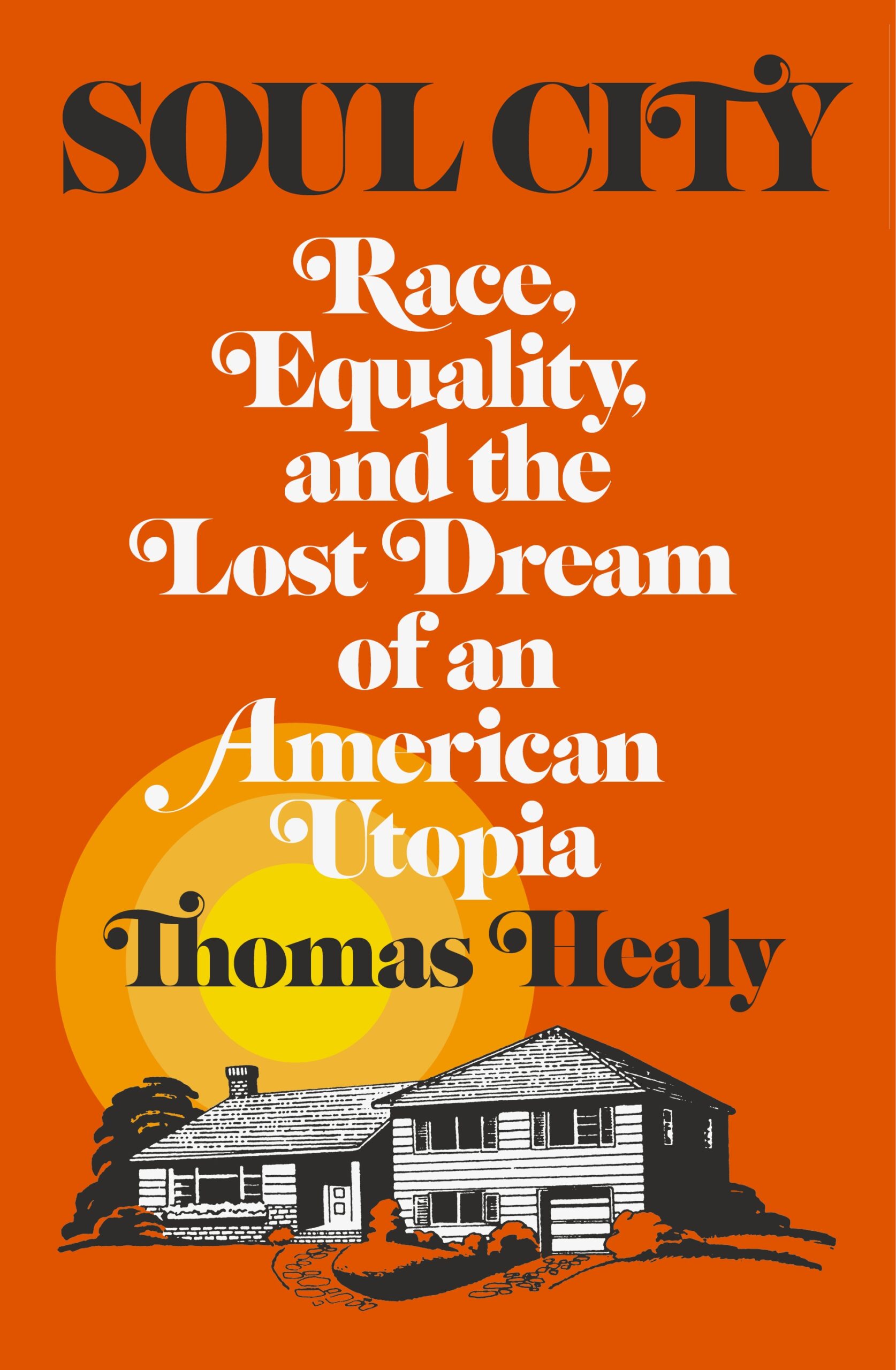
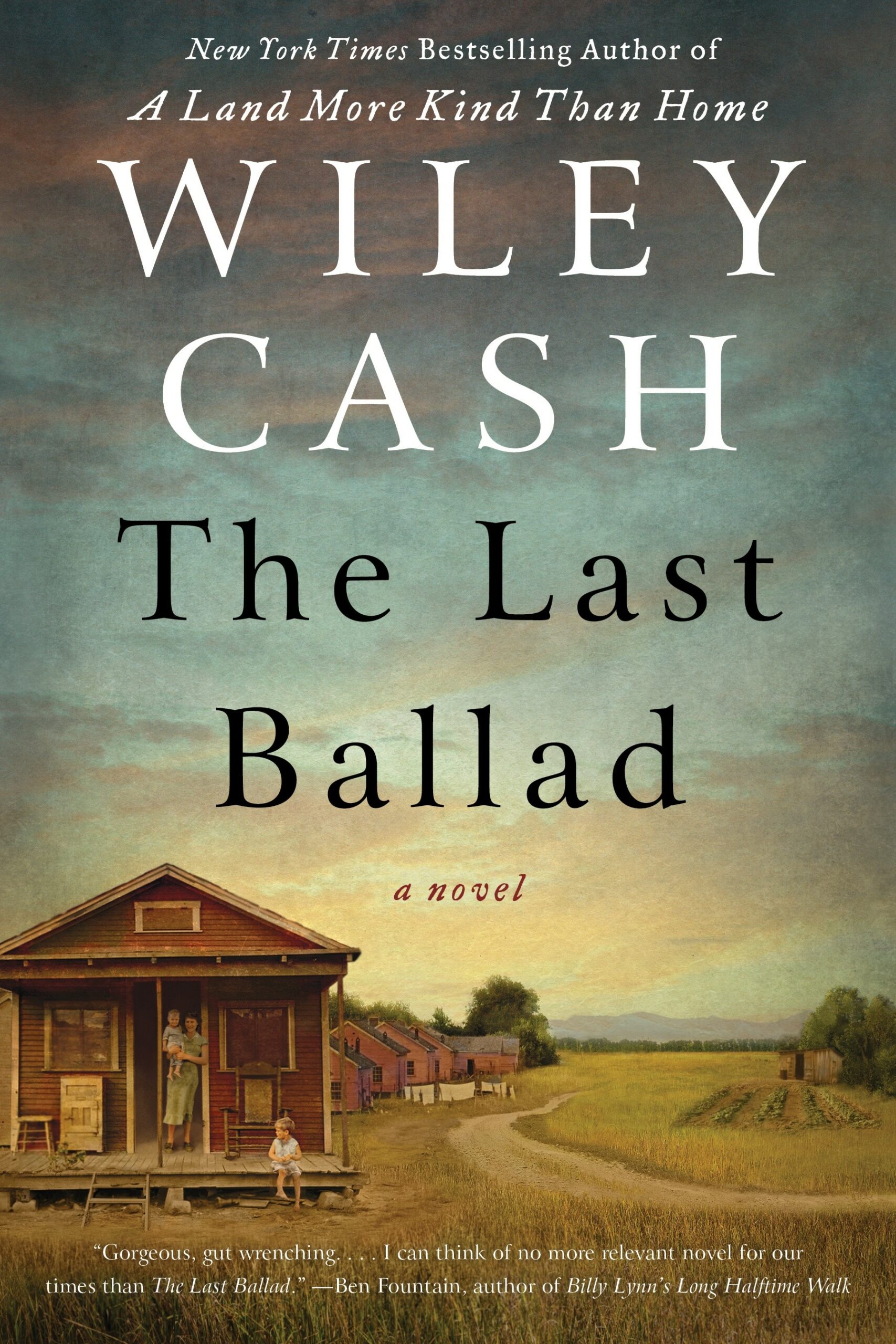
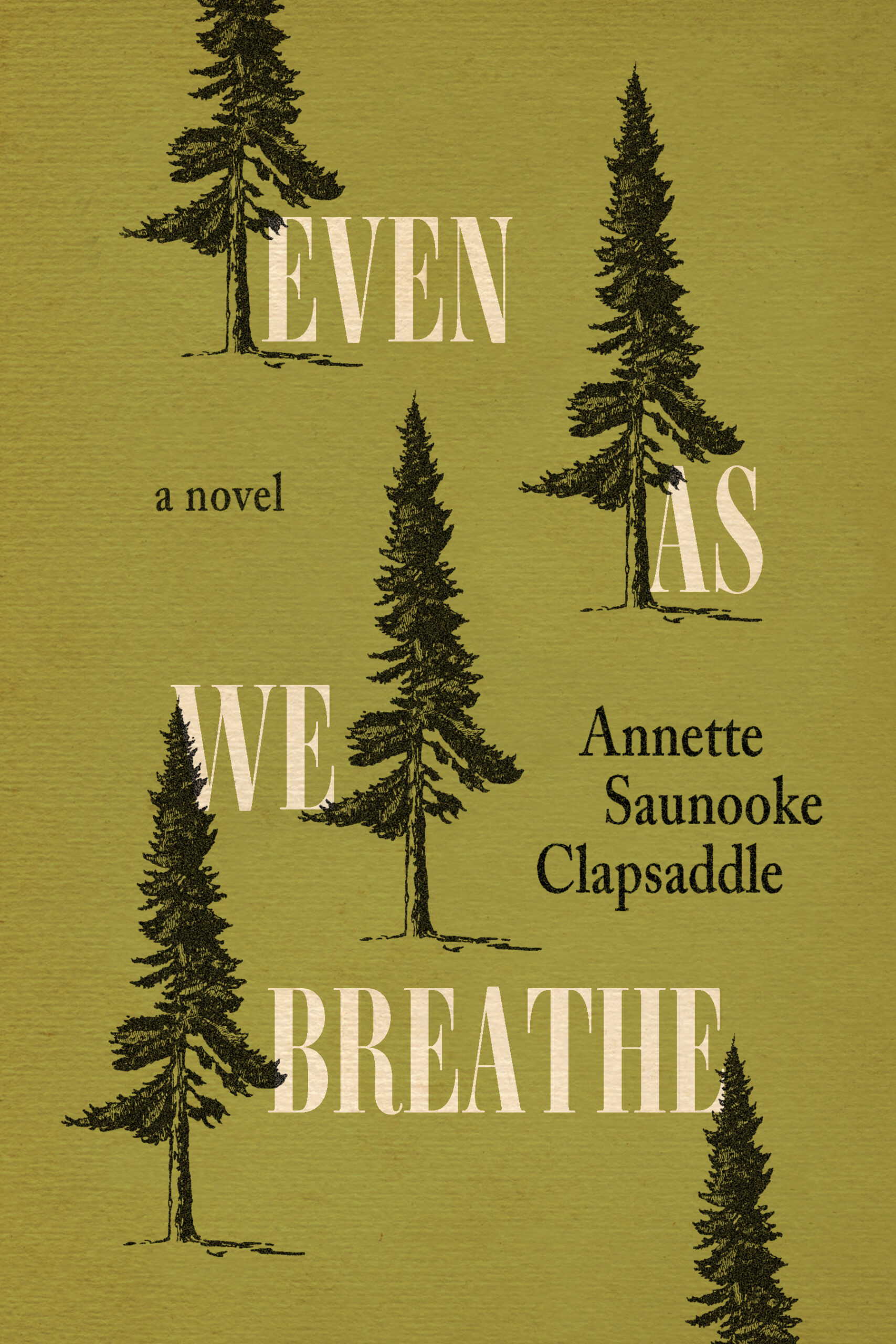
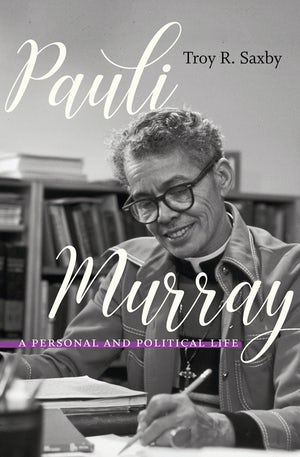

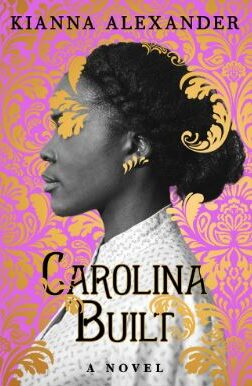
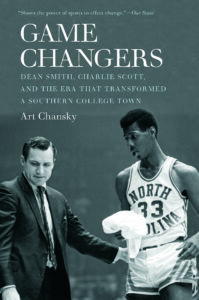
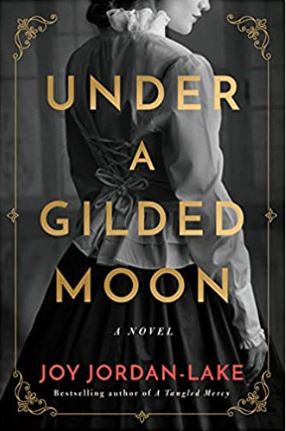
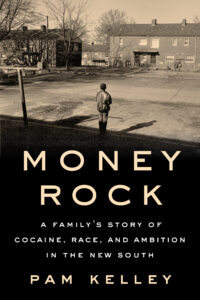
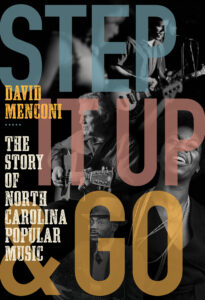
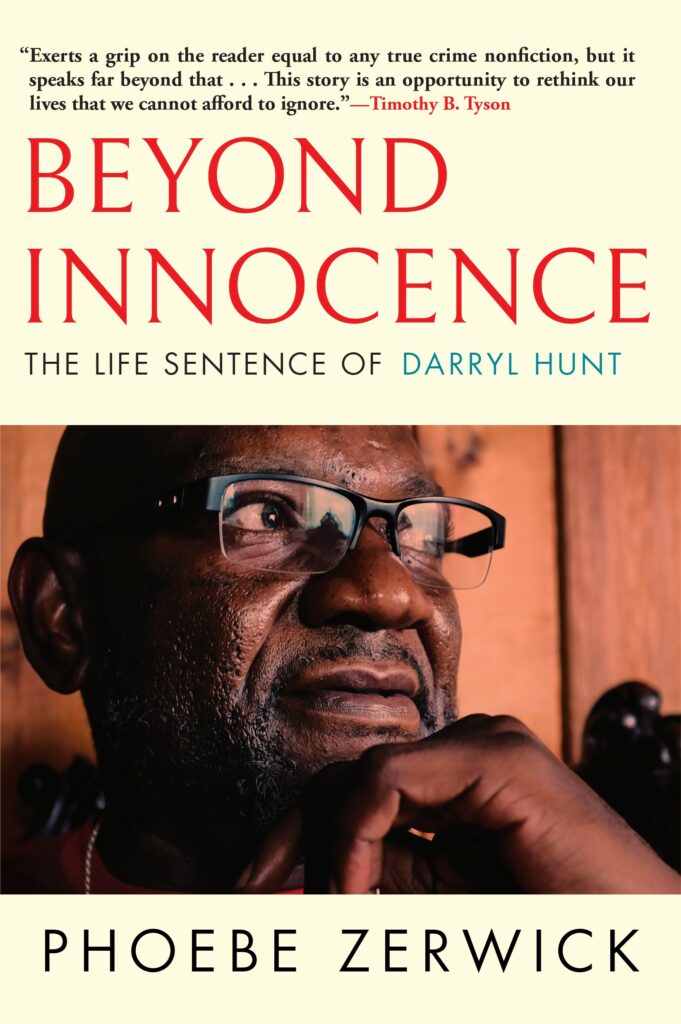
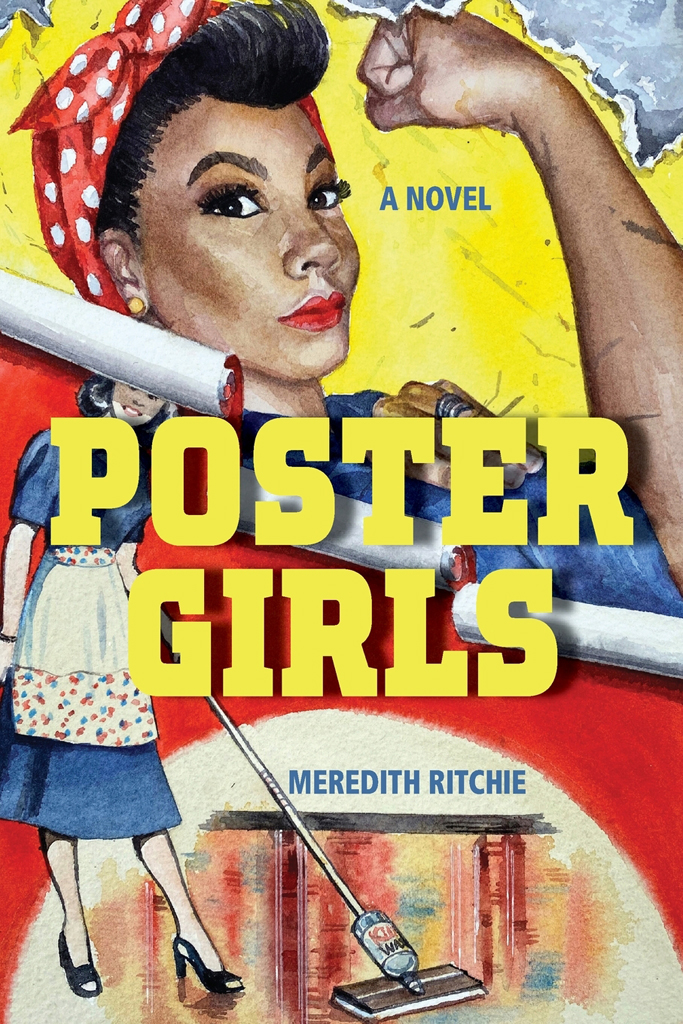
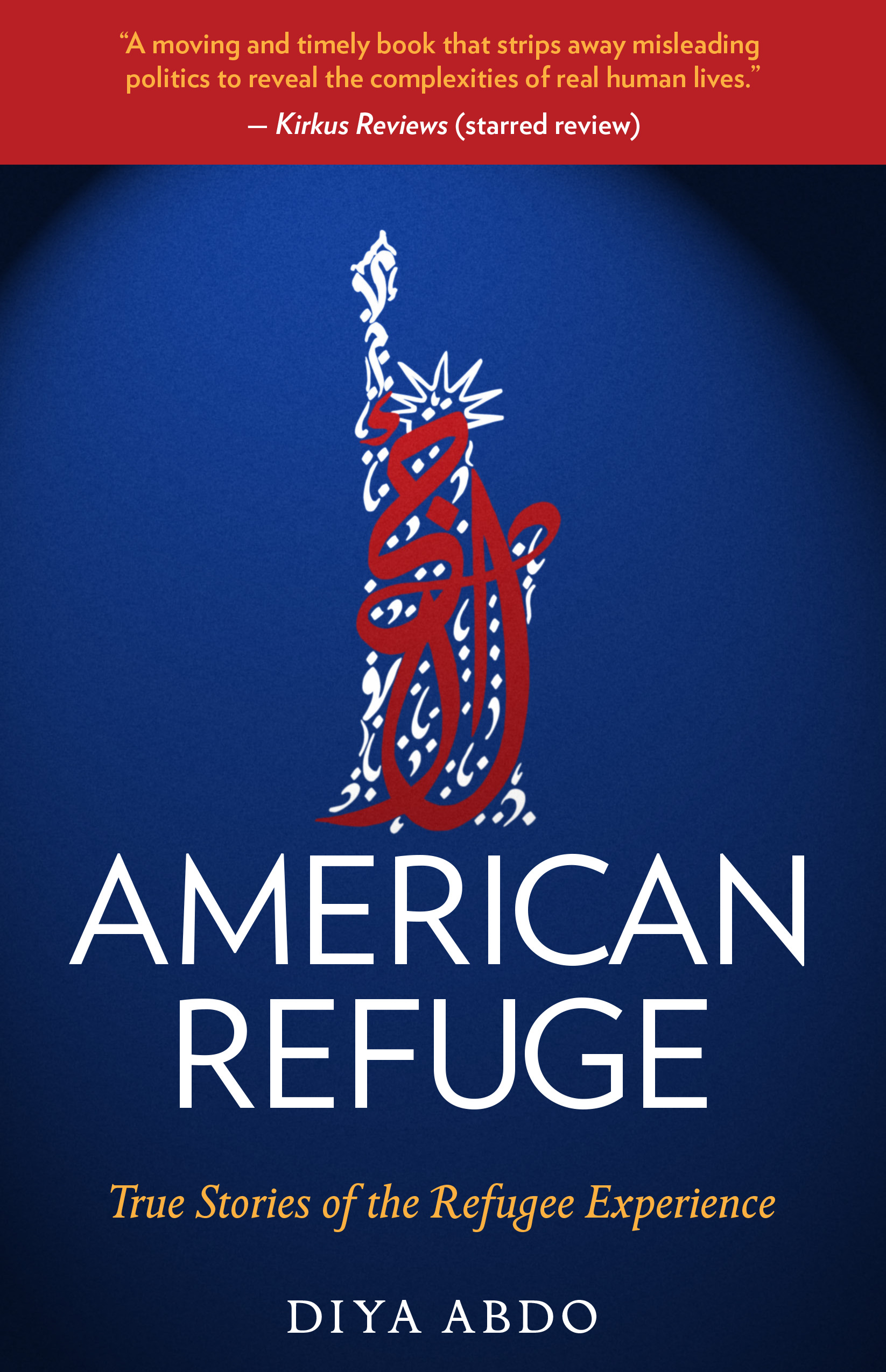
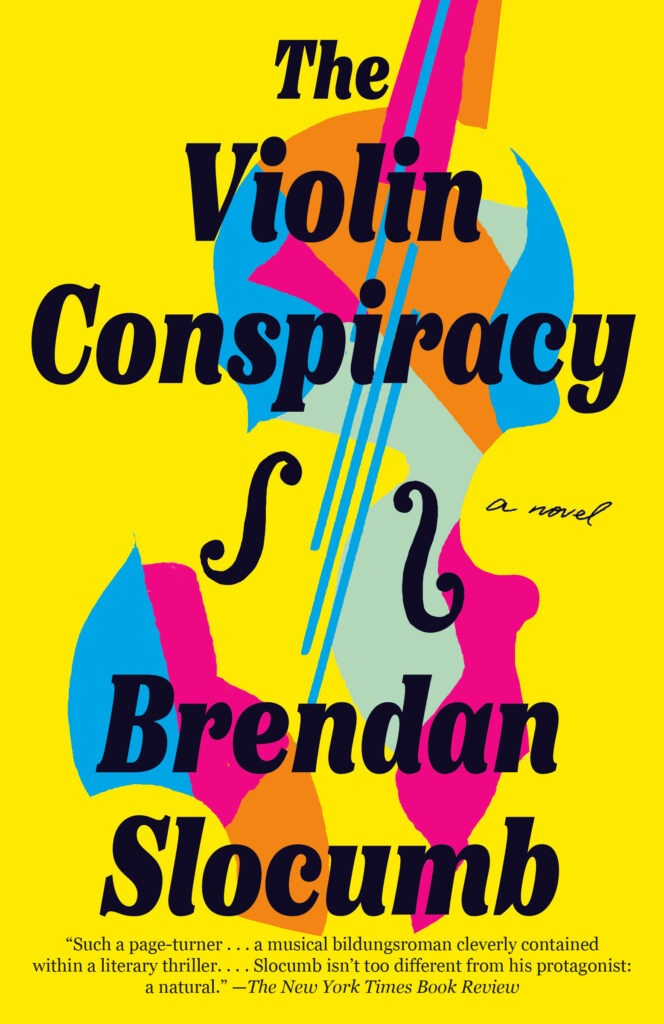
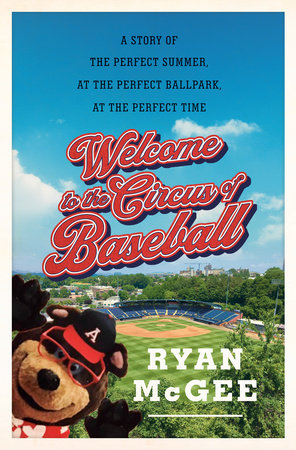
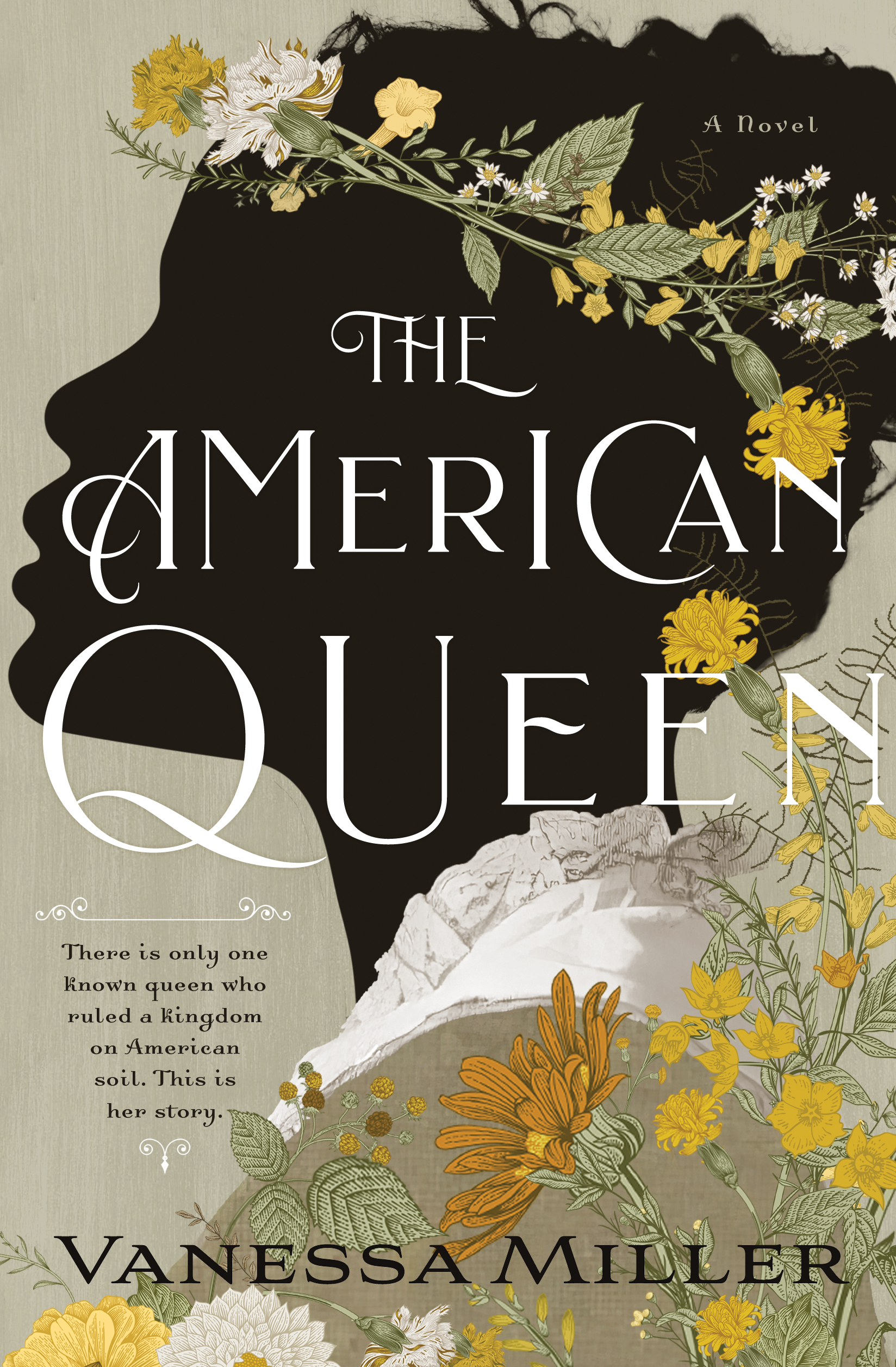
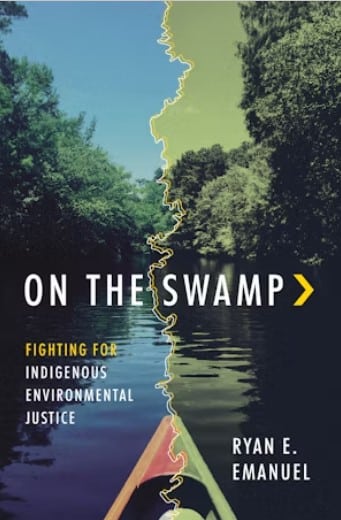
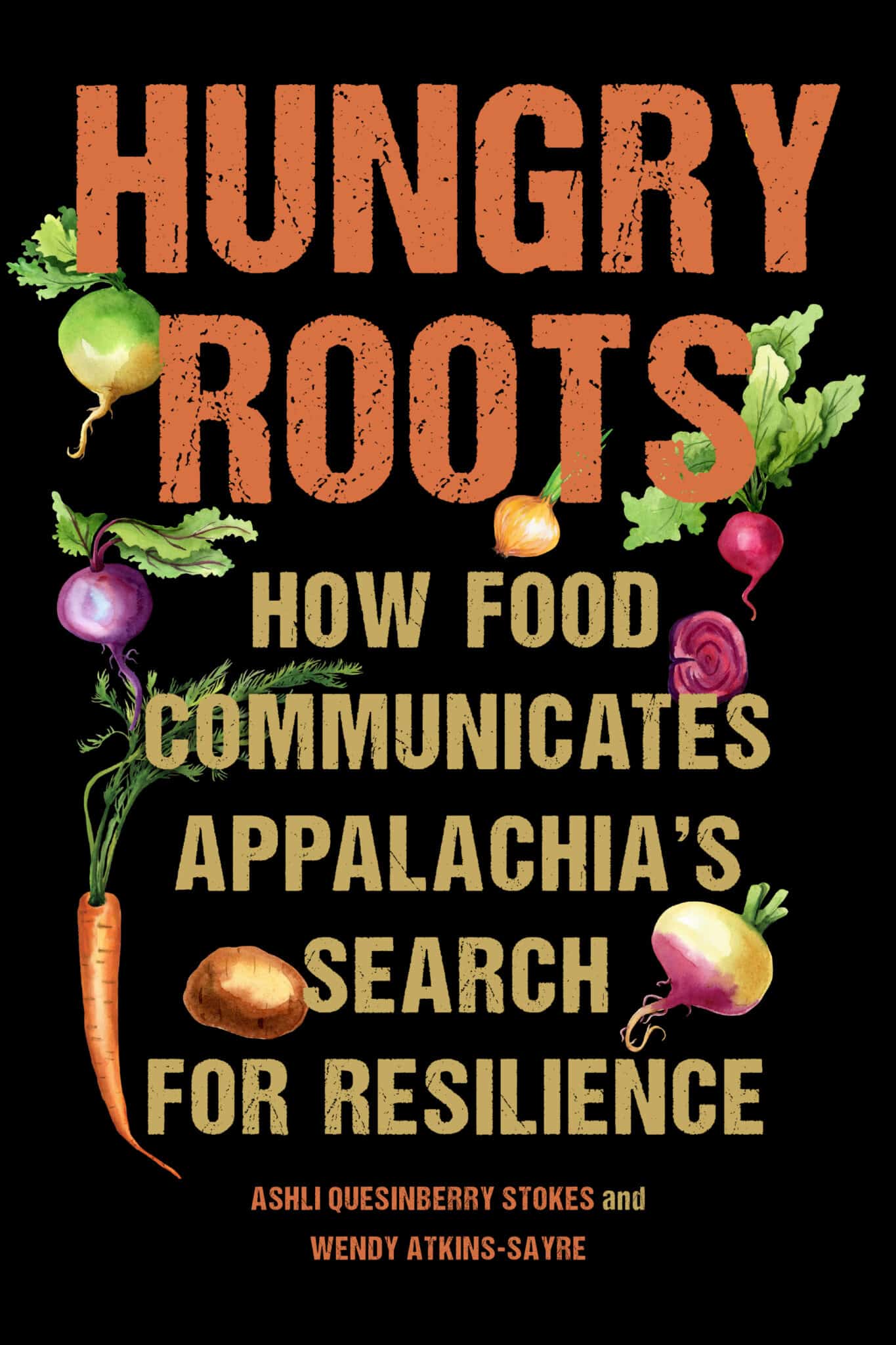
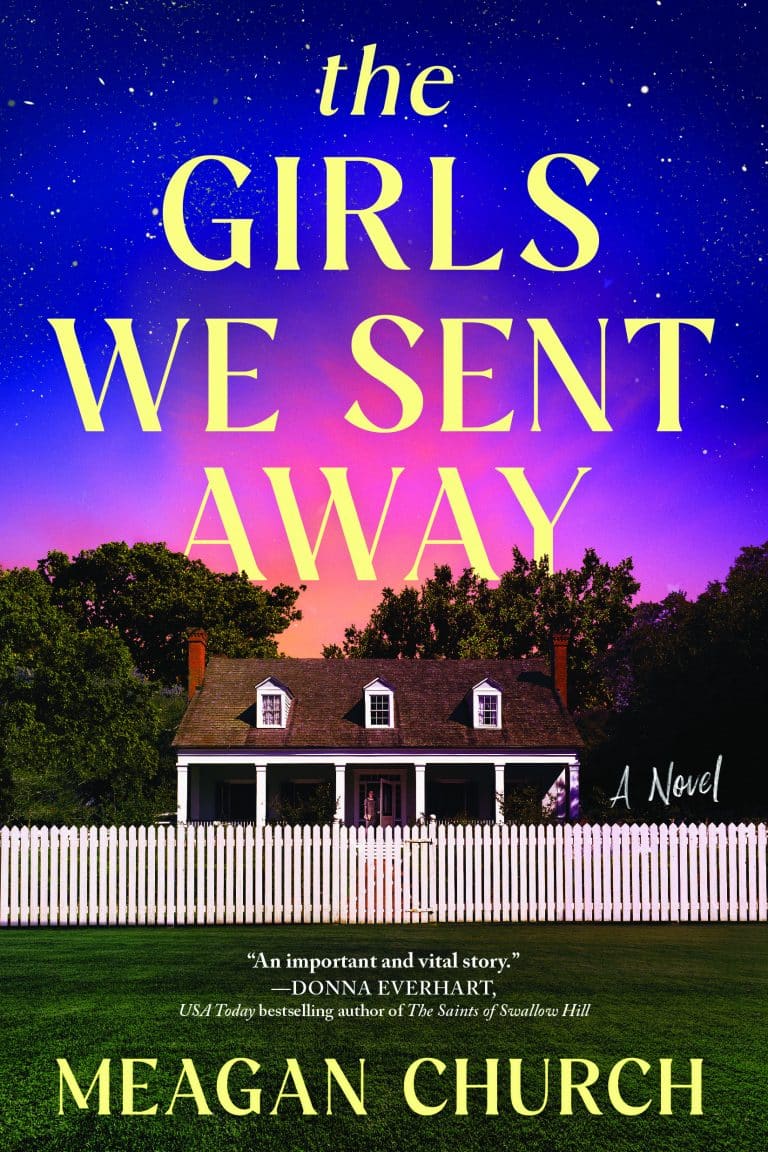
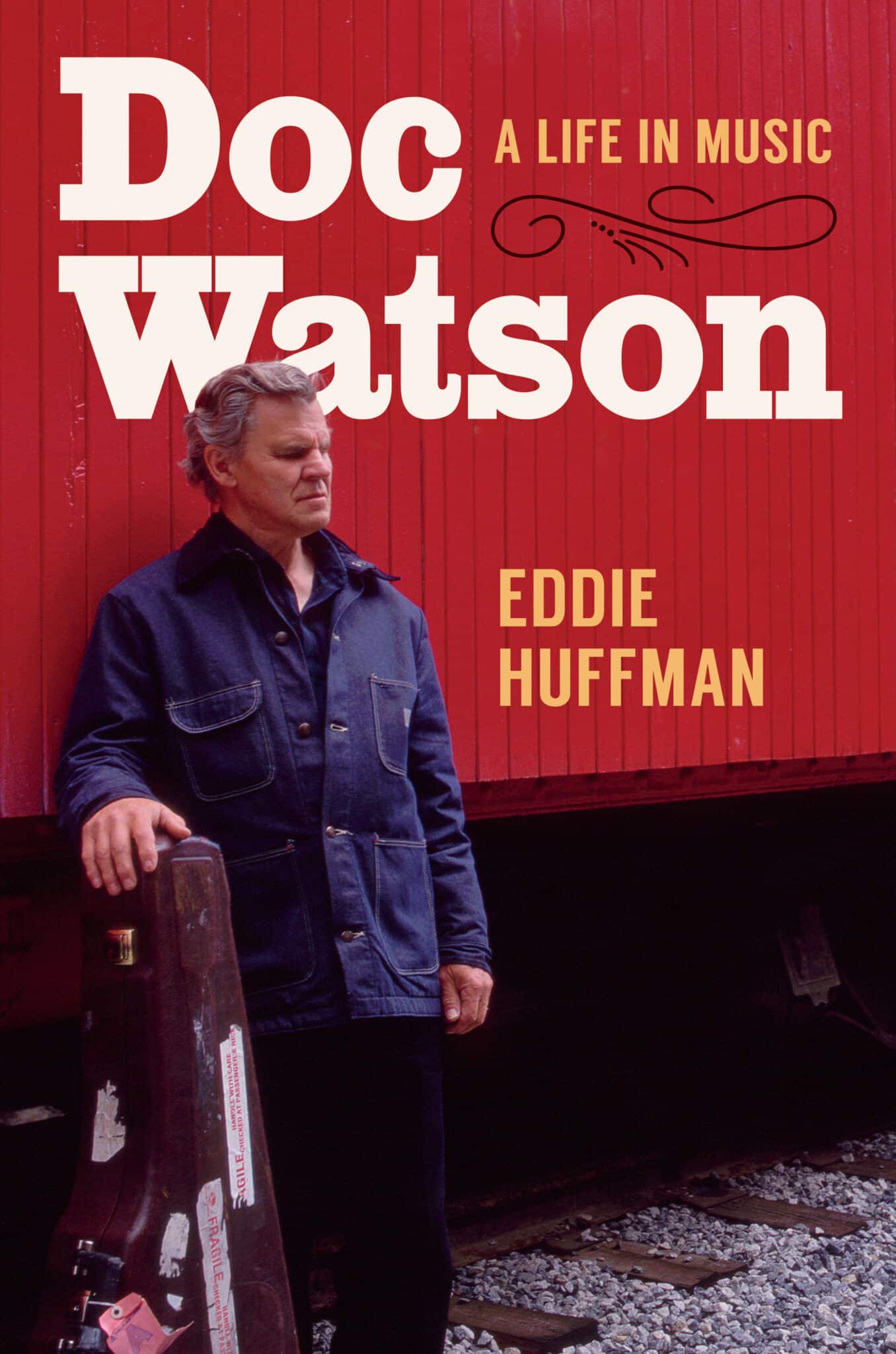





Thank You to Our 2026 Statewide Sponsors
Past Selections and FAQs
- Are North Carolina Reads book discussions free to attend?
- Yes! Discussions are free with registration and will be recorded and available to re-watch on NC Humanities’ YouTube channel.
- Does NC Humanities provide free North Carolina Reads books?
- To make participation in North Carolina Reads possible and ensure broader access to materials, NC Humanities provides a limited amount of free books and resources to groups and individuals in communities where participation would otherwise be limited. Because North Carolina Reads is a statewide initiative, NC Humanities prioritizes giving free books and resources to groups and individuals with limited access to resources.
- NC Humanities takes requests from groups and individuals for a limited supply of free books (dates announced in fall/winter). Books are sent in “Book Boxes” which include a reading schedule and discussion guide, bookmarks, and more.
- NC Humanities encourages everyone to contact their local library or bookstore for North Carolina Reads books.
- Please note: you do not need to receive books from NC Humanities to participate in North Carolina Reads.
- Who selects the North Carolina Reads featured books?
- Using its expertise and resources as the North Carolina Center for the Book, NC Humanities selects the books with input and feedback from our volunteer book selection group and the public. NC Humanities conducts an annual public survey (available in summer) to see what books most interest you!
A North Carolina Reads book may be fiction or non-fiction, and should meet the following criteria:
- Prominently features a story, event, and/or characters and individuals from North Carolina history and culture.
- Addresses one or more societal themes and promotes community discussion on these topics.
- Appeals to a wide range of adult (18+) readers of different backgrounds in the state of North Carolina.
- Is of manageable length to read in one month (up to 400 pages).
- Is contemporary and published within three years of the current North Carolina Reads program.
- Is in print and readily available from the publisher. If possible, the book is available in audio, electronic and/or other accessible formats. Please note self-published books are ineligible for consideration.
- Written by an author residing in or from North Carolina is a consideration for selection, but not a requirement.
- Written by a living author is a consideration for selection, but not a requirement.
- Written by an author not previously featured in a North Carolina Center for the Book program is a consideration for selection, but not a requirement.
- If you have a book that you would like to share with us that meets the selection criteria, please complete this short form.
- We are currently accepting requests for potential North Carolina Reads 2027 titles now through May 30, 2026.
Please note submission of a title does not guarantee selection.
In the News






